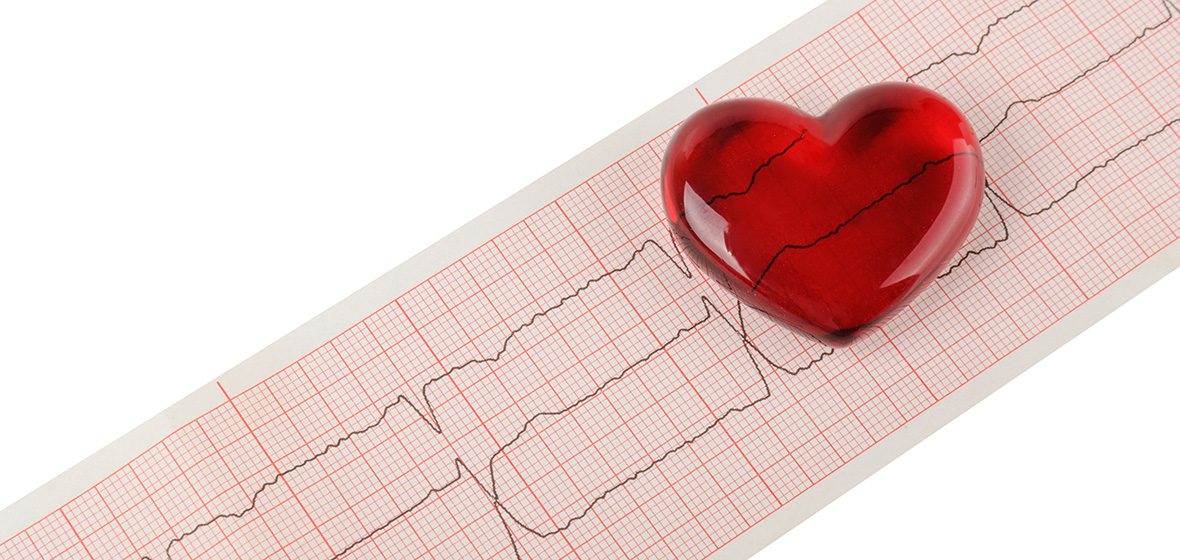
Cardiac sarcoidosis is caused by inflammation in the heart, characterized by the formation of granulomas – clusters of immune cells which eventually lead to fibrosis or buildup of scar tissue. This disorder can lead to a range of issues, from arrhythmia to heart failure. It may occur as a condition on its own or with involvement in other organ systems, including the lungs, kidneys or liver.
While cardiac sarcoidosis is uncommon, the prognosis without treatment is poor. Prompt diagnosis and treatment are essential for individuals affected by this disorder. However, diagnosis can be challenging, as it shares similarities with other medical conditions and some people may experience no symptoms at all.
Symptoms and Effects
Symptoms of cardiac sarcoidosis can include:
- Fainting or feeling like you are about to faint
- Heart palpitations
- Chest pain
- Difficulty breathing
- Fatigue
- Swelling in ankles and feet
Consequences of cardiac sarcoidosis can include:
- Heart blocks that could require a pacemaker – especially in younger adults
- Disorders that prevent the heart from effectively delivering blood to the body, such as heart failure
- Atrial fibrillation (Afib)
- Left ventricular aneurysm
- Ventricular arrhythmias that can cause you to pass out
- Sudden death
Risk Factors
You may be more likely to get cardiac sarcoidosis if you:
- Have a history of sarcoidosis in another part of your body – 20% of patients with sarcoidosis will have their heart involved
- Work in a higher-risk occupation, such as farming or firefighting
- Family history of sarcoidosis
- Are exposed to insecticides or mold
- Have received a heart or a lung transplant
- Are 50 years or older
- Are African American or of Japanese descent
Diagnosis and Treatment
If you are experiencing symptoms of cardiac sarcoidosis, consult with a cardiologist. Timely treatment is crucial for symptom management to prevent complications and improve overall quality of life. To obtain a proper diagnosis, you may undergo:
- Blood tests
- Heart rhythm tests, such as an electrocardiogram
- Ultrasound imaging of the heart, also called an echocardiogram
- Stress test
- Angiogram studies
- Biopsy
- PET scan for the heart
- MRI of the heart
If you are diagnosed with cardiac sarcoidosis, your provider may prescribe corticosteroids for treatment. These medications are used to suppress the immune system, alleviate fibrosis and inflammation, and stop the progression of the disease. Response to treatment is determined by follow-up cardiac PET scans. You may also need follow-up echocardiograms and electrocardiograms.
Some cardiac sarcoidosis patients may need a pacemaker or defibrillator. A pacemaker makes sure the heart does not skip beats, such as in cases of heart blocks. The defibrillator, in addition to doing what the pacemaker does, can convert the heart into normal rhythm if a ventricular arrhythmia develops. In the most severe instances, a heart transplant may be considered as a potential treatment option.
Catheter ablation is another treatment option for cardiac sarcoidosis cases that have persistent arrhythmias despite medical treatment. In catheter ablation, a tube goes inside your heart to target areas that may be causing irregular heartbeats.
UofL Physicians – Cardiology and Cardiology Associates Can Help
UofL Physicians – Cardiology and UofL Physicians – Cardiology Associates are leading the way in developing innovative treatments for many heart disorders, including cardiac sarcoidosis. Our multidisciplinary team consists of experts in cardiology, rheumatology and pulmonary disease.
We specialize in early, accurate diagnosis and providing treatment tailored to each patient’s symptoms, disease and ability to participate in their care and lifestyle. Our cardiologists use advanced multi-modality cardiac imaging including cardiac MRI and cardiac CT to diagnose the disease early. We routinely collaborate with different divisions such as rheumatology and pulmonology to streamline the care of our patients.
Lastly, our cardiologists engage in clinical research and have access to clinical trials, so you may have the opportunity to participate in cutting-edge experimental therapies or clinical trials while being treated for cardiac sarcoidosis.
To schedule an appointment with UofL Physicians – Cardiology, call 502-588-7010. You can also click here to see all locations where UofL Health provides cardiology services. If you have life-threatening symptoms that could be cardiac sarcoidosis or another cardiac issue, call 911.









